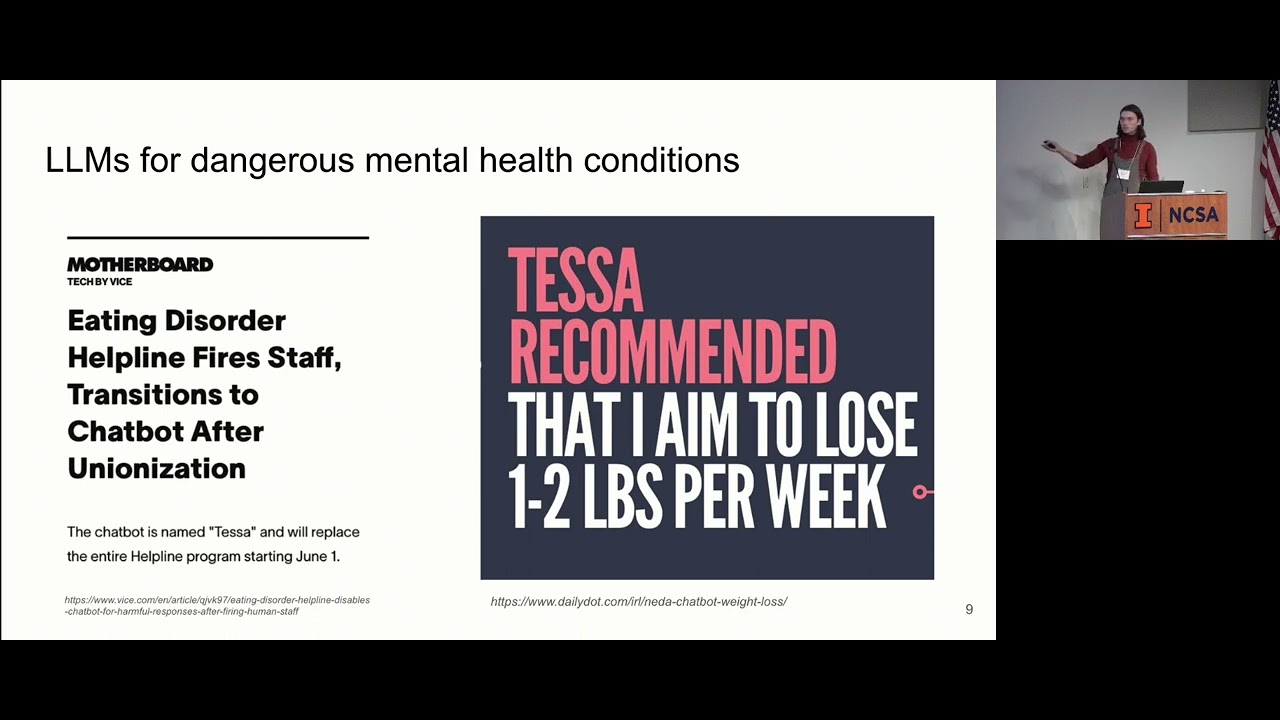
The utilization of Artificial Intelligence (AI) in the realm of mental health care is on the rise, with its capabilities extending to predicting disorders, tailoring therapies to individual needs, and offering immediate assistance. AI holds the potential to transform mental health care by accurately predicting and categorizing mental health issues, devising personalized treatment strategies, and ensuring adherence. For example, AI has been instrumental in identifying patients who are more likely to benefit from cognitive behavioral therapy and in formulating customized treatments for a range of mental health conditions. Moreover, AI can scrutinize patient data to detect early warning signs of mental health issues before they escalate into severe stages.
However, employing AI in mental health also presents unique challenges such as AI bias and the necessity for transparent reporting on AI models. Despite its potential advantages, there are notable limitations in using AI for mental health research. These include methodological and quality defects, uneven application in studying diverse mental health conditions, and concerns regarding bias and incorrect interpretation of results.
The creation of AI tools tailored for mental health is an ongoing process. The focus lies on enhancing the accuracy of predictive models and creating affordable, sturdy, sensitive instruments capable of detecting individualized risk factors for mental illnesses. The field of using AI in mental health care is rapidly progressing with promising prospects for improving outcomes. However, it also necessitates thoughtful evaluation of its possible impacts and constraints.
Utilizing AI in Mental Health - Practical Applications
The role of Artificial Intelligence (AI) in mental health is expanding, with its applications enhancing diagnosis, treatment, and therapy. Here are some notable practical applications:
Forecasting and Diagnosing Patient Outcomes:
- AI has the capability to scrutinize diverse data sources such as electronic health records, brain imaging data, and social media to anticipate mental health issues with remarkable precision.
- It also holds potential in forecasting patient reactions to treatments like cognitive behavioral therapy (CBT) and medication.
Tailored Treatment Plans:
- AI is employed to devise tailored treatment plans based on individual symptoms and responses to therapy.
- A study conducted at the University of California, Davis concentrated on creating personalized treatment strategies for children suffering from schizophrenia using computer vision analysis.
Tracking Patient Progress:
- AI can keep track of patient progress by examining behavioral data, voice recordings, among other sources to detect early warning signs of mental health problems before they intensify.
- It can assist in recognizing when treatment modifications are required or if a different therapist might be more appropriate.
Enhancing Access to Care:
- AI-powered apps offer accessible mental health assistance at minimal or no cost, eliminating obstacles such as staff shortages and geographical restrictions.
- Tools like ChatGPT can support psychiatric diagnosis, medication management, and psychotherapy, thereby improving overall patient health and equity.
The use of AI in mental health is promising for increasing the accuracy of diagnoses, customizing treatments, and enhancing patient outcomes. However, hurdles like bias in data collection, privacy issues, and the necessity for rigorous scientific research continue to be crucial areas requiring further exploration and cooperation between AI researchers and healthcare professionals.


